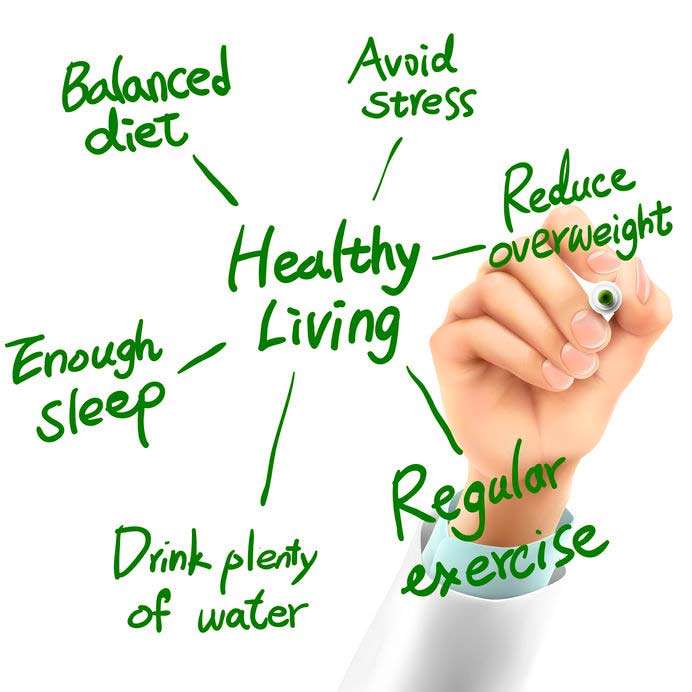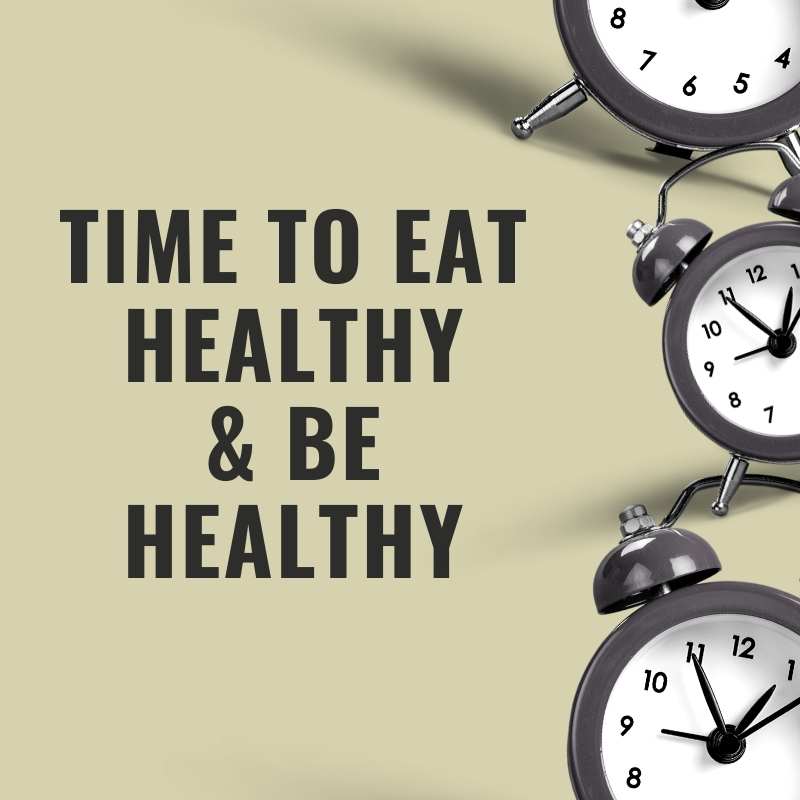We are what we eat. To aid our health we should understand how best to feed our bodies. We build up toxins from the air we breath and the toxins in the atmosphere. However we can also build up toxins in the body by eating the wrong foods, in the wrong way and maybe at the wrong times of the day. Nutrition is the science of understanding how nutrients and other substances in food are relevant to the overall health of an organism. It mainly relates to the intake of food and drinks to the human body. We hope that you will find the information useful to you when considering your lifestyle choices.
Nutrition Suggestions
How should we approach daily intake of nutritional food and drinks? here is a general look at daily nutrition.
Breakfast: eat like a king
Lunch: eat like a rich man
Dinner: eat as a poor man
Why do we say this?
We digest food best when we are active. It is also the time when we are using up most of the calories. When we relax in the evening we should eat more moderate meals. It is a particularly bad idea to go to bed on a full stomach. The body might struggle to process the food properly. The food will have less nutritional value. It is also necessary for our body’s digestive system to have a rest. Just like the rest of the body.
Assuming we have a working day from 8 am to 7 pm these are suggested best practices:
For Breakfast
Get up drink a glass of fresh, still drinking water. Be sure to drink plenty of water in order to flush the system. We suggest you then wait for around 30 minutes before eating some fruits. After a further 30 – 60 minutes you might take coffee, tea, bread and cereals. In order to feed our bodies the best nutrition we flush the system and then feed it the correct foods at the right times of the day.
For Lunch
Include meats and cheese for lunch.
For Dinner
Consider vegetable soups, steamed vegetables fish and chicken.

Drinking
Always drink fresh still drinking water before or after a meal. It is not a good idea to wash down your food with water.
Best Cooking styles
Steamed, poached and grilled food is best.
What Foods To Avoid?
- Red meet (beef, lamb, horse, etc)
- Animal fat (butter, cream, cheese)
- Deep fried food
- Canned food
- Fast food
Do NOT eat
Pork (ham, bacon, sausages, pork meat) after 7 pm. Do NOT eat in a hurry.
How About Food Between Meals?
Try drinking some vegetable juice or juices without added sugar. If you need to lose some weight then buy some fiber shake and drink them. These fiber drinks have very few calories They will give you the feeling of fullness and you will not eat unnecessary calories before your next meal.
Foods To Include For Good Nutrition
Include virgin olive oil if possible for any food. Use it in food preparation when oil needed.
We suggest that you use a Teflon pan for cooking. You will be able to use a lot less oil and fats with non-stick surfaces.
You may add olive oil to your food in order to make it look great as well as taste great.
- Salt: use unrefined sea salt
- Sugar: use unrefined brown sugar
- Vinegar: Balsamic vinegar gives a nice taste
THE DIGESTIVE SYSTEM & NUTRITION
If we eat healthy foods full of nutrition we must also make sure that the body absorbs the nutrients efficiently. So how does the digestive system work?
After eating, our digestive system starts to work on the nutrients so they can be absorbed and used by the body. The digestive system does this by breaking down the complex foods into more simple nutrients by enzymatic action.
The first part of this process takes place in the mouth. After chewing the food thoroughly an enzyme (ptyalin) in the saliva breaks down complex carbohydrates (starches) into more simple sugars. After the food has been softened it is then pushed down the esophagus into the stomach.
The Stomach
Not much digestion actually takes place in the stomach. The only thing that is readily absorbed by the stomach is alcohol. The stomach creates an acidic environment (hydrochloric acid) for the enzymes to work in. The predominant stomach enzyme is pepsin which breaks down proteins into short chains of amino acids which can be used by the body. Most other nutrients are digested only after the food moves on out of the stomach, approximately three to four hours later.
Small Intestine
The small intestine, the duodenum, jejunum and ileum have an alkaline environment and this is where digestion is completed after most nutrients have been absorbed. The specialized absorbing cells, enterocytes, are distinguished by numerous microvillus that greatly increase the absorptive surface area.
Pancreas
The pancreas secretes pancreatic juice into the duodenum. Pancreatic juice contains a number of enzymes that are used to absorb the nutrients remaining in the food. Lipase which breaks up fatty substances into fatty acids and monoglycerides, protease splits up protein and amylase which converts starch to sugar.
Large Intestine
After most nutrients have been assimilated the food is moved on into the colon or large intestine. The principle functions of the large intestine are to concentrate, store, and excrete food wastes. The colon contains large numbers of bacteria, which produces enzymes that act on the remaining food residues and fiber. The products of this bacterial digestion and fermentation include short-chain fatty acids and gases such as carbon dioxide, methane and hydrogen. The food is held while water is absorbed from it before it is eliminated.
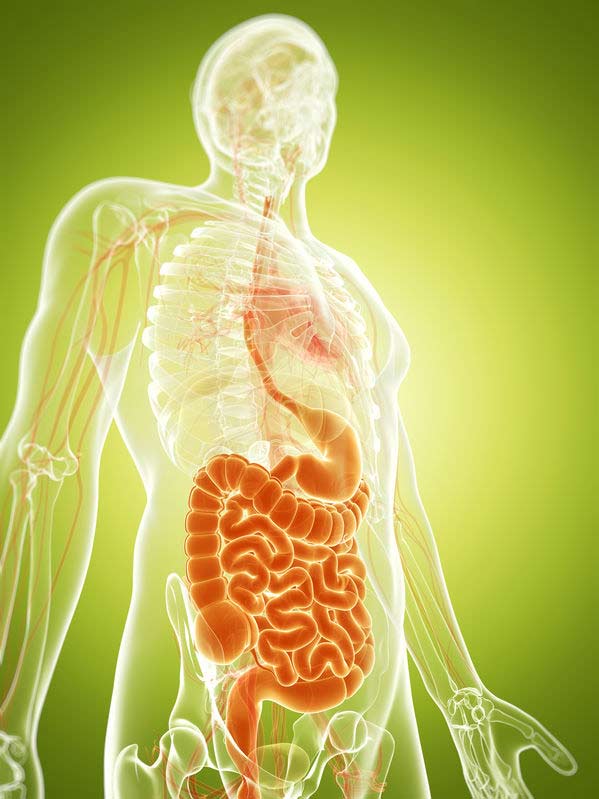
Certain foods, including most fast foods, have an adverse effect on the digestive process and ones health. These inappropriate foods are well known to most people but are not usually considered to be detrimental and are consumed far too often in the Western Diet. Keeping the digestive system clean and healthy helps the body to maximize the nutrition absorbed from the foods that we eat. We recommend regular detoxification programs as one of the best ways to keep your digestive organs healthy.
VITAMINS
Vitamins are organic substances functioning to facilitate an essential biochemical reaction necessary for growth, vitality and the normal functioning of our bodies.
We must obtain them from our diet or take them in the form of dietary supplements, that are usually derived from plant and animal products. Crucial to the definition of a vitamin is that lack of it produces a specific deficiency syndrome, and supplying it cures that deficiency.
Synthetic Vitamins
It is almost impossible to sustain a healthy way of life by taking only synthetic supplements and not following a good eating plan. You should take supplements only with some nutrition knowledge or the guidance of a nutritionist and dietitian. Many vitamins and minerals can be toxic if taken in excess. Often there are sufficient vitamins in your diet, thus by taking supplements toxicity may occur. Symptoms include hair loss, blurred vision, bone pain, fatigue and headaches.
The best way of obtaining a healthy balance of vitamins is by eating a large variety of different foods. One should try not to limit their diet to a few delicacies. Try out new dishes, be adventurous.
Fat-Soluble Vitamins
Fat-Soluble Vitamins. The fat-soluble vitamins are vitamins A, D, E, and K. These vitamins are absorbed, transported, metabolized and stored along with fat. The fat soluble vitamins function as regulators for specific metabolic activity.
Water Soluble Vitamins
Water-soluble Vitamins. The water-soluble vitamins include vitamin C, and those of the B-complex group: biotin, folate, niacin, pantothenic acid, riboflavin, thiamin, vitamin B6, and vitamin B12. They function mainly as coenzymes.
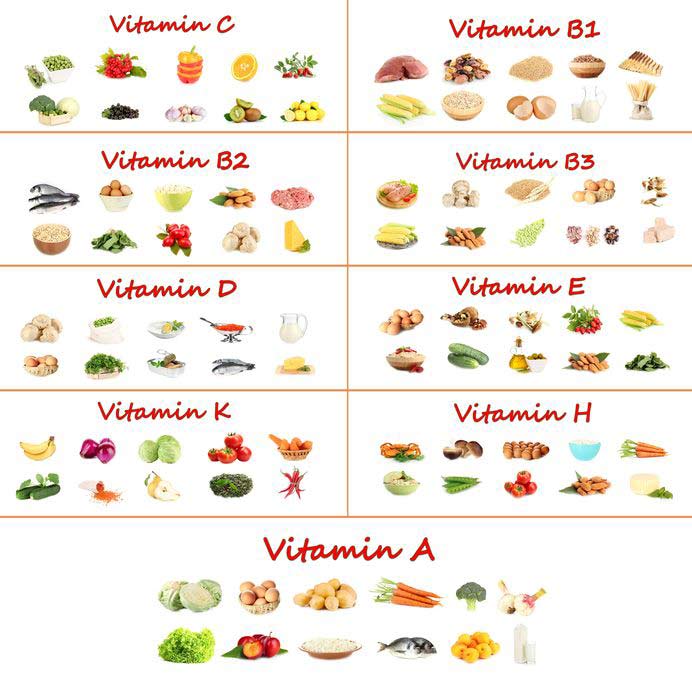
WATER
Water is an essential dietary component. We must add it in quantities far greater than can be produced by absorption from food. It is a vital part of healthy nutrition. Water is the most abundant constituent of the human body, accounting for about four-fifths of our body weight.
Why Do We Feel Thirsty?
Waste products need to be excreted from the body. The kidneys carry out this function. Here the nitrogen-containing products of protein metabolism, sulfates, phosphates and other electrolytes dissolve in water and exit as urine. To compensate for this loss we get a sensation of thirst. If this thirst sensation is not met with an adequate consumption of water, dehydration will occur.
Toxicity results from the ingestion of water at a rate beyond the capacity of the kidneys to excrete it. The manifestations usually include a gradual mental dulling, confusion, convulsion, coma and death.
Which Water Should We Drink For Healthy Nutrition?
Natural Mineral Water
Natural spring water usually has a label which includes the entire phrase ‘Natural Mineral Water’. This water is bottled just as nature intended. Only Natural Mineral Water is:
- Naturally wholesome – so you can trust that it is what is says – natural
- Guaranteed untreated
- Comes from an unpolluted source and bottled at that source.
- Guaranteed to have nothing added or taken out.
Spring Waters
Confusingly, these may be ‘natural’ or ‘processed’ waters. Some spring waters are also untreated and natural.
Other Drinking Water
Processed waters including other Bottled Drinking or ‘Table’ Waters, Tap Water and purified or distilled water.
Natural Mineral Water brands
If you want a natural water, pick from these top-selling Natural Mineral Water brands.
Abbey Well, Aqua-Pura, Ashbrook Mountain Spring, Ashe Park, Badoit, Brecon Carreg, Buxton, Evian, Gleneagles, Highland Spring, Perrier, Perthshire Mountain Spring, Spa, Stretton Hills, Vittel and Volvic should all be suitable
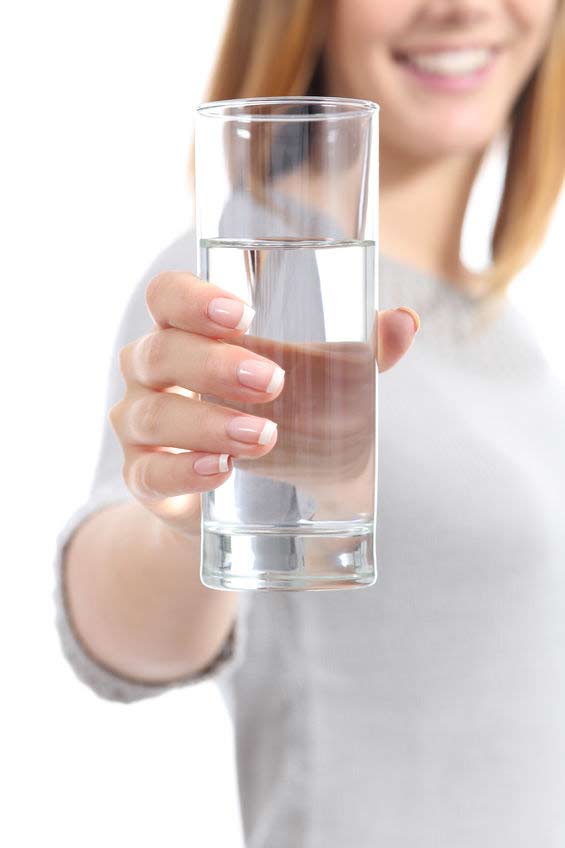
DIET
For the most healthy nutrition we must take an interest in what we eat. Variety is the spice of life. It is also an important ingredient of a healthy diet. Help to ensure that you get the correct amounts of all nutrients by having a rich and varied diet. If you do become unwell more specific diets can help to adjust the body back to normal.
Choose a Diet Low in Fat, Saturated Fat and Cholesterol for healthy nutrition intake.
As already stated, there is a need for people following a Western Diet to reduce the amount of fat, saturated fat and cholesterol that they consume. Only about 25 percent of calories should come from fats, and no more than 10 percent from saturated fats.
Risk of heart disease is increased among people with elevated blood cholesterol levels. Check your blood cholesterol regularly. If blood cholesterol is above 5.2 mmol/L, follow the advice of health professionals about diet and if necessary medication.
Fat, whether from plant or animal sources, contains more than twice the number of calories as an equal amount of carbohydrate or protein. Each gram of fat contains 9 calories. Some foods and food groups are higher in fat than others. This guideline emphasizes the continued importance of choosing a diet with less total fat, saturated fat, and cholesterol.
Choose a Diet with Plenty of Vegetables, Fruits and Grain Products
Good health comes from foods that provide complex carbohydrates, dietary fiber, and other components. They lower the fat content in the diet. This guideline is consistent with the scientific evidence that supports the health benefits of diets with more complex carbohydrates and a variety of fiber-rich foods.
Most of the calories in your diet should come from grain products, fruits and vegetables. These include bread, cereals, pasta, rice and potatoes. We include dry beans in the meat group but they also count as servings of vegetables. Plant foods are generally low in fats, depending on how they are prepared and what is added to them.
Only plant foods contain fiber. Eating a variety of fiber-containing foods is important for proper bowel function and can reduce the risk of chronic constipation, heart disease and some cancers.
Use Sugars in moderation
Sugars include all simple carbohydrates, such as sucrose, glucose and lactose, and foods containing them such as candies, honey, and chocolate.
Sugars and foods containing them in large amounts supply energy but are limited in nutrients. Furthermore, sugars and starches, which break down in the mouth, can contribute to tooth decay.
Sugar substitutes do not provide significant calories and may be used to reduce calorie intake. However, foods containing sugar substitutes may not always be lower in calories than similar products that do contain sugar. Unless you reduce the total calories you eat, the use of sugar substitutes will not cause you to lose weight.
Use Salt and Sodium in Moderation
Sodium plays an essential role in regulating fluids and blood pressure. However many studies have shown that a high sodium intake can lead to high blood pressure. Eating foods high in potassium helps to counter the effects of high sodium consumption on blood pressure.
Using less salt and sodium than is normally used will benefit those people whose blood pressure goes up with salt intake. Hereditary factors as well as excessive drinking have also been shown to be related to high blood pressure. Adults are encouraged to get their blood pressure checked and, if it is high, to consult a physician about diet.
It is easy to reduce sodium intake by using less salt in cooking and on the table. However when eating processed foods it is important to look on the label for sodium substances. These are used excessively in many types of sauces and condiments.
If You Drink Alcoholic Beverages, Do So in Moderation
Alcohol has no net benefit to health and is not an essential nutrient in any way. If you can not avoid drinking, do so in moderation. One or two drinks per day are not usually associated with health risks.
Inflammation of the pancreas and damage to the heart and brain are some of the complications of drinking. Studies have shown that alcohol is linked to risks of heart attacks, hypertension, haemorrhagic stroke, cirrhosis of the liver, inflammation of the pancreas, violence, suicide, birth defects and overall mortality.
